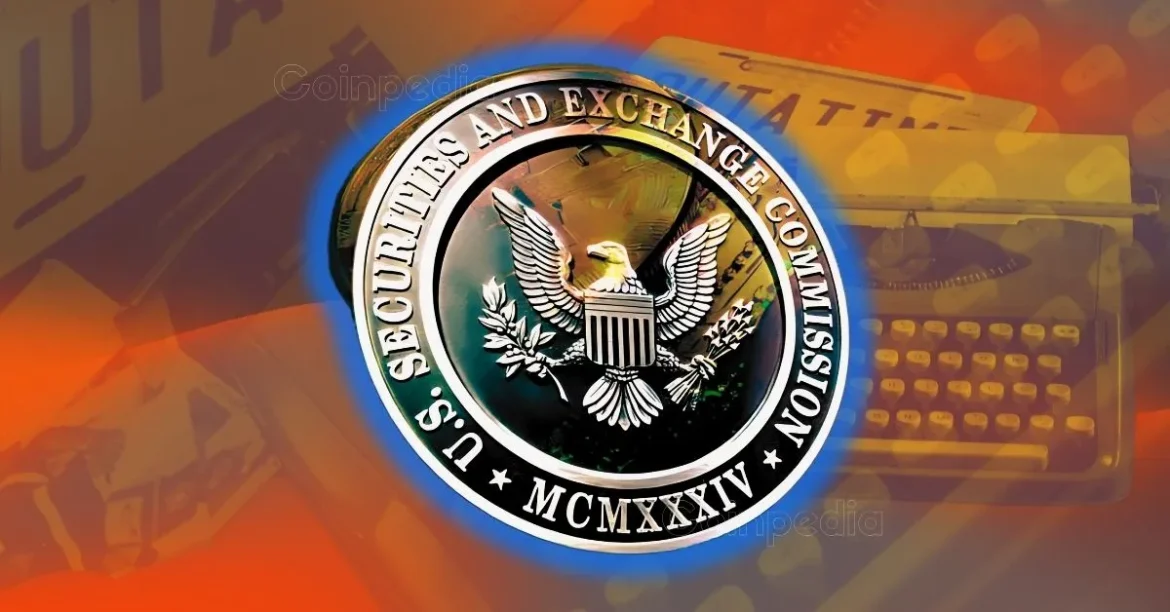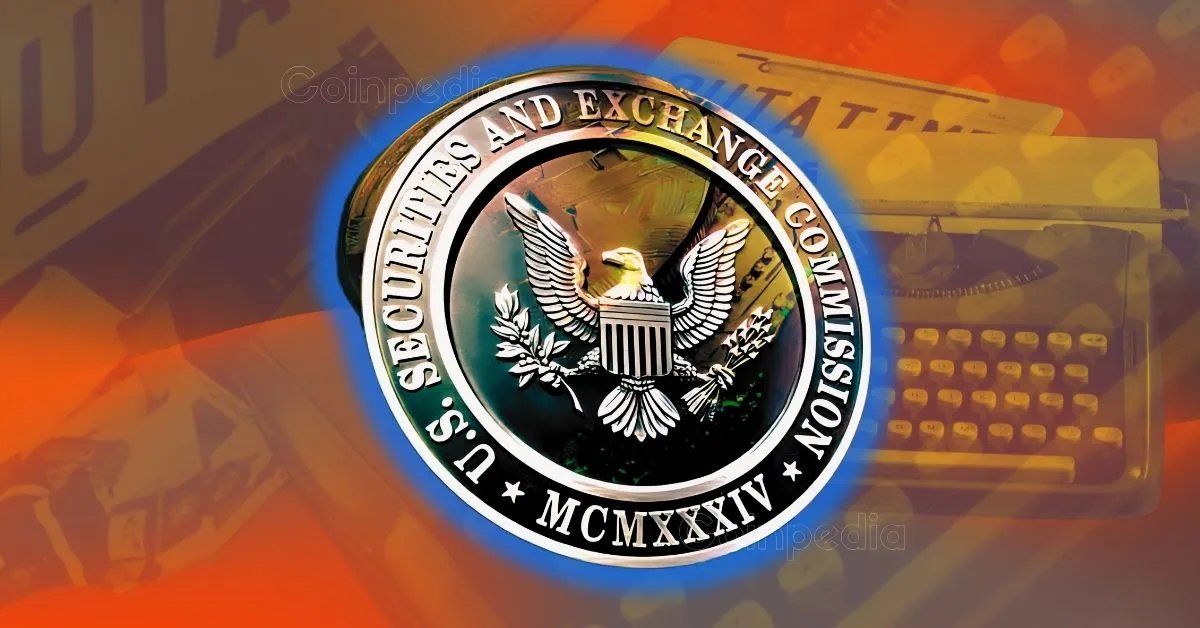Navigating the Ripple-SEC Legal Saga: A Defining Moment for U.S. Crypto Regulation
The legal battle between the U.S. Securities and Exchange Commission (SEC) and Ripple Labs, the company behind the digital asset XRP, has captivated investors and industry insiders alike. As of mid-2025, this protracted dispute reached a pivotal turning point: the SEC’s withdrawal of its appeal and the effective end of a four-year-old lawsuit. This moment doesn’t just signal a victory for Ripple but may set a new tone for the regulatory landscape of cryptocurrencies and decentralized finance (DeFi) in the United States.
—
The Ripple vs. SEC Legal Clash: Background and Significance
In late 2020, the SEC filed a lawsuit alleging that Ripple’s XRP token amounted to an unregistered security offering. Ripple contested this, arguing XRP is a currency, not a security, and thus should be regulated differently. The lawsuit quickly became a landmark case, representing broader tensions between innovative blockchain firms and regulatory authorities seeking clarity and control.
Ripple’s CEO, Brad Garlinghouse, described the lawsuit as “the start of broader regulatory action targeting the cryptocurrency sector.” For years, this dispute weighed heavily on XRP’s market price and investor confidence, creating uncertainty that sent ripples across the crypto markets.
—
Key Developments Signaling a Shift
SEC’s Withdrawal of Appeal
The most recent, game-changing development is the SEC’s official decision to drop its appeal in the lawsuit. This was confirmed by Ripple and has sent XRP prices climbing, as investor sentiment shifted from cautious optimism to rallying enthusiasm. XRP saw a surge following news that the SEC would no longer pursue this legal battle, signaling a victory for Ripple and a de-escalation of regulatory pressure on the token.
Beyond XRP’s market response, the SEC abandoning the case illustrates a possible new regulatory posture—one less combative and more open to dialogue with crypto firms.
SEC’s Final Crypto Roundtable on DeFi Regulation
Coinciding with the legal resolution, the SEC held its fifth and final crypto roundtable in June 2025, centered on decentralized finance (DeFi) regulation. This forum allowed panelists, industry players, and regulators to discuss paths to clearer, fairer rules for cryptocurrencies, addressing key concerns around investor protection and innovation.
This roundtable is widely seen as a moment of reckoning. Under new leadership, the SEC appears to be considering how to balance regulatory oversight with nurturing technological progress. The Ripple case repeatedly featured in the discussions as a bellwether for ongoing regulatory reform.
—
Market Impact and Ripple’s Future Trajectory
XRP’s Price Movements and Rally Potential
The end of the lawsuit has energized XRP’s market prospects. Analysts forecast an explosive rally, with some predicting double-digit percentage gains. A June 16th SEC report and subsequent developments could act as catalysts, potentially pushing XRP toward price targets near $3, fueled by renewed institutional interest and improved market confidence.
The cleared legal pathway also-renews conversations about Ripple’s potential for an initial public offering (IPO), a strategic move that could further institutionalize the company and its token.
Institutional Adoption and Broader Crypto Ecosystem
Ripple’s victory may accelerate institutional adoption of XRP and blockchain payments. It opens doors for Ripple to secure new banking partnerships and participate more actively in central bank digital currency (CBDC) and stablecoin ecosystems. More broadly, the outcome serves as a blueprint for other crypto projects grappling with ambiguous regulatory classifications.
—
Regulatory Landscape: What the Ripple Case Teaches Us
Defining Crypto Securities in the U.S.
Central to the Ripple case was the question of whether XRP qualifies as a security. The court’s leanings and the SEC’s eventual retreat indicate growing regulatory discomfort with applying traditional securities laws wholesale to crypto tokens. This underscores the urgency for legislative or regulatory frameworks that distinguish digital assets more clearly—recognizing utility tokens, currencies, and securities as separate categories.
Toward Balanced and Clear Regulations
The SEC’s final roundtable discussions, combined with the Ripple ruling, suggest a shift away from aggressive enforcement actions toward crafting tailored, sensible regulation. The crypto community broadly welcomed this approach, seeing it as better aligned with the innovation-driven nature of the industry.
—
Conclusion: A Turning Point with Lasting Implications
The resolution of the SEC vs. Ripple lawsuit marks a watershed moment for the U.S. cryptocurrency sector. It not only ends a stressful chapter for Ripple and XRP holders but also signals a possible transition in regulatory philosophy—from confrontation to collaboration and clarity.
The SEC’s renewed focus on DeFi regulation and industry engagement through roundtables points toward a future where regulation supports innovation without stifling it. For investors, companies, and regulators alike, the Ripple case stands as a powerful reminder: the evolution of crypto policy is both inevitable and essential to the sector’s maturation.
As XRP climbs market rankings amid this newfound clarity, the broader crypto ecosystem watches closely, hopeful that this turning point will foster a regulatory environment where digital assets can thrive responsibly under the American legal framework.





